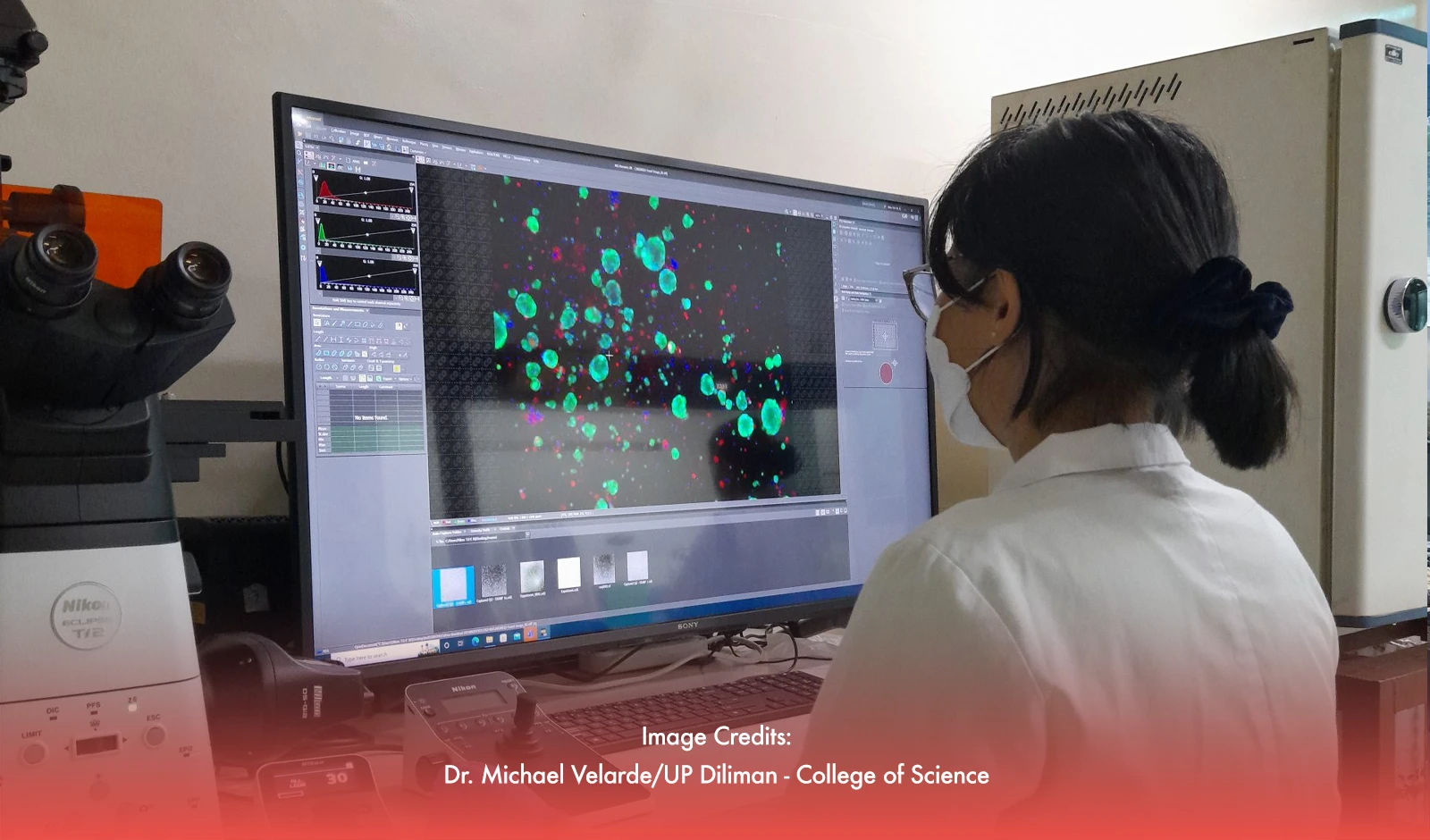A team of researchers from the University of the Philippines (UP) and the Philippine Genome Center has developed a promising new mathematical model that may help detect early signs of breast cancer metastasis—even before surgery.
The model focuses on identifying lymphovascular invasion (LVI), a condition where cancer cells enter the blood or lymphatic vessels and often signal the cancer’s potential to spread. Traditionally, LVI is only found after a tumor is surgically removed and examined. But with this new approach, doctors could detect LVI earlier—opening the door to more timely and personalized treatment.
“If we can catch LVI before surgery, we can avoid ineffective treatments and focus on what works,” said Dr. Michael Velarde of the UP Diliman College of Science. “This could be a game-changer for patients with aggressive breast cancer,” he added.
Uncovering the Link Between LVI and Drug Resistance
The model was developed using clinical data from 625 Filipino breast cancer patients, as well as publicly available data. Researchers also grew tumor samples in the lab to better understand how LVI-positive cancers respond to treatment. Their findings showed that LVI-positive tumors were more likely to resist common anticancer drugs.
The team identified two genes—UGT1 and CYP—that are more active in LVI-positive patients. These genes break down chemotherapy drugs more quickly, making treatment less effective. By analyzing these gene patterns, the model could predict LVI status with 92% accuracy.
Making Personalized Treatment Accessible for Filipinos
Even more encouraging, the technology needed to use this model is already available in the Philippines. “We designed this to be accessible. It can be implemented locally to benefit more Filipinos,” Velarde said.
Though still in the early stages, the researchers are hopeful. They plan to test the model further and explore new treatments tailored to LVI-positive patients.
With breast cancer still the most common cancer among Filipino women, this innovation brings new hope for better outcomes, earlier diagnosis, and more effective care.








